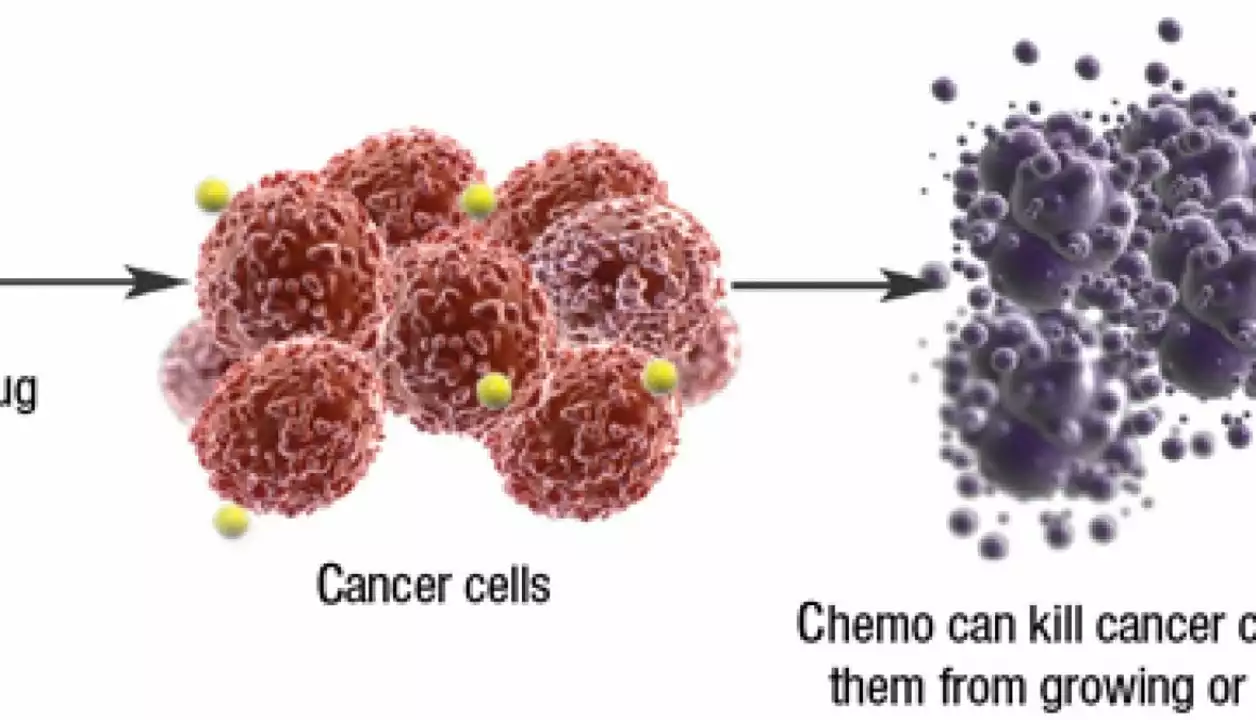Chemotherapy: What You Need to Know
If you or a loved one are facing chemo, the first thing that comes to mind is usually fear. The good news is that a lot of what scares us can be handled with the right info. This page breaks down the basics of chemotherapy, points out the most common side effects, and gives you practical ways to stay safe while getting your meds.
Chemotherapy isn’t a single drug; it’s a group of medicines that kill fast‑growing cells. That means they attack cancer cells but also hit healthy ones like those in your gut or hair follicles. Knowing why the treatment works helps you understand why side effects happen, and that makes them easier to manage.
Common Side Effects and How to Manage Them
Most people experience at least a few of these symptoms:
- Nausea and vomiting – Try eating small meals, ginger tea, or an anti‑nausea prescription from your doctor. Staying hydrated also helps.
- Hair loss – A soft cap or wig can keep you comfortable. Many patients find that the hair grows back after treatment ends.
- Fatigue – Rest when you need it, but gentle walks boost energy faster than staying in bed all day.
- Low blood counts – Your doctor may give growth‑factor shots. Keep infections away by washing hands and avoiding crowded places during low periods.
- Mouth sores – Use a mild mouthwash, avoid spicy foods, and stay on a soft diet until the sores heal.
The key is to talk openly with your oncology team. They can adjust doses or add medicines that lessen these problems. Never wait until a side effect becomes severe before asking for help.
Alternatives and Supportive Options
Chemo isn’t the only way to fight cancer. Depending on the type and stage, doctors may suggest:
- Targeted therapy – Drugs that zero in on specific molecules in cancer cells.
- Immunotherapy – Treatments that help your immune system spot and destroy tumors.
- Radiation – High‑energy beams aimed at a precise area, sometimes used with or instead of chemo.
Even when chemo is the main plan, supportive care can make a big difference. Nutritional counseling, physical therapy, and mental health support keep your body and mind in shape for treatment.
Because many chemotherapy drugs are available online, you’ll see ads promising cheap pills. That’s risky. Always buy from verified pharmacies that require a prescription and show clear contact info. Check the pharmacy’s license on your country’s health regulator website. If something feels off – weird pricing, no pharmacist contact, or pressure to pay fast – walk away.
Finally, remember you’re not alone. Online forums, local support groups, and the staff at TheOnlineClinic are here to answer questions and share experiences. Use them to stay informed, stay safe, and keep your confidence up during chemo.

As a blogger, I am truly fascinated by the role of Fluorouracil in treating breast cancer. This chemotherapy drug has been a game-changer in fighting this prevalent disease. Fluorouracil works by interfering with the cancer cells' DNA, ultimately stopping their growth and causing cell death. It is often used in combination with other drugs to improve the effectiveness of treatment. I am continually amazed by how medical advancements like Fluorouracil contribute to improving the lives of breast cancer patients.
Read More